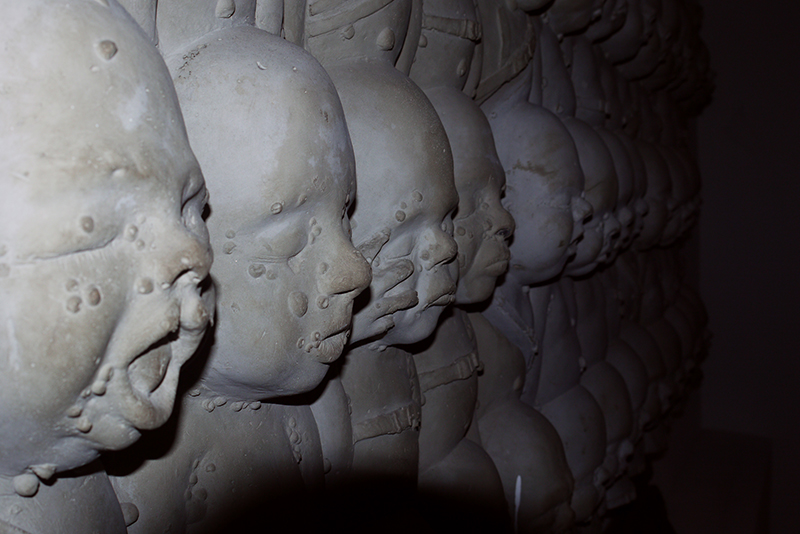
Practice Philosophy
What is a Practice Philosophy
Choosing Me as Your Psychotherapist/Psychiatrist
It is a way of seeing people and introducing them to seeing themselves in that way. It is a path that to be real and effective must bear fruition as a sense of newness, insight and A Ha! That encourages love and connection, understanding and a sense of greater capacity in the being in the world, that generates respect for self and others and deepens the experience of aliveness and awareness. That for me is my practice philosophy–a person-by-person encounter, not mediated by dogma, psychopathological classification, or rigid view, but by an appreciation of the person and a generative appreciation of the person for themselves. It is spiritual in the sense of enlivening and expanding. It is psychedelic in the sense of highlighting what is hidden but available to mind. It is reflective in that one seeks to know oneself in the deepest, most riveting, constant awareness manner. It is dispassionate in that it frees from bias, prejudice and unconscious attitudes, and repetitive patterns that estrange from knowing. It is healing in that it exposes trauma that has damaged and can be recognized as keeping oneself smaller and frightened. It is freedom in that it leads to the fulfilling-ness of precious emptiness, Buddha nature and inspired improvisation. This is what I want for you, and want to have with you for myself.
It is a way of seeing people and introducing them to seeing themselves in that way. It is a path that to be real and effective must bear fruition as a sense of newness, insight and A Ha! That encourages love and connection, understanding and a sense of greater capacity in the being in the world, that generates respect for self and others and deepens the experience of aliveness and awareness. That for me is my practice philosophy–a person-by-person encounter, not mediated by dogma, psychopathological classification, or rigid view, but by an appreciation of the person and a generative appreciation of the person for themselves. It is spiritual in the sense of enlivening and expanding. It is psychedelic in the sense of highlighting what is hidden but available to mind. It is reflective in that one seeks to know oneself in the deepest, most riveting, constant awareness manner. It is dispassionate in that it frees from bias, prejudice and unconscious attitudes, and repetitive patterns that estrange from knowing. It is healing in that it exposes trauma that has damaged and can be recognized as keeping oneself smaller and frightened. It is freedom in that it leads to the fulfilling-ness of precious emptiness, Buddha nature and inspired improvisation. This is what I want for you, and want to have with you for myself.

Psychotherapy
Psychotherapy is a reciprocal dance. For over forty years I have been learning about me and you, and from you about how to be and not to be, and how to extend myself to you to further your being. There is no one psychotherapy work formula for me or for you, yet there are methodologies that assist and substances that support growth, change and an alleviation of suffering. In commencing the work of psychotherapy together, I dedicate myself to you and attempt to provide in myriad ways based on my personal history, and from being a psychotherapist this long, with my own synthesis of the learning and the methods I have absorbed, with the reflection of these back to you. I try for respect and recognize that confrontation and acceptance are both aspects of the path. I attempt to practice the interpersonal method known as Non-Violent Communication. There are no expectations of you other than to show up, spend the time and work out the fee. Yet to not have greater expectations is to miss the point that we are in constant flux and change and that there are better directions, more enlightening ways, greater freedom for mind, highs that transcend, and love that softens and also excites. Psychotherapy at its best assists in the exploration of possibilities and the development of heartful sensitivity. It is interactional at its core and the relationship between us is a source for awareness and change, for enhancing the ability to communicate feelings of all sorts, practicing this in a safe harbor.
Values and techniques
VALUES AND TECHNIQUES
Psychotherapy is not a science despite claims to that effect. In essence, it is a complex of many views of students of mind and behavior. Each practitioner of psychotherapy has accessed only a small number of the components of this vast complex. There are methods such as psychoanalytic psychotherapy, cognitive behavioral therapy, dialectical behavioral therapy, object relations psychotherapy, gestalt psychotherapy, radical therapy, etc, etc. There are techniques such as role playing, psychodrama, EMDR, abreaction, Ericksonian hypnosis—to name a bare bones few. Each has adherents and its vogue. Of all the studies of mind, the 2500 year long reflection on mind of the Buddhist meditative schools is the most detailed, descriptive, and applicable for a psychotherapy that should lead somewhere. And ultimately that somewhere should be better, happier, with less suffering and greater awareness. Those who view therapy as value-less and its practitioners as neutral beings fail to recognize historical, cultural, personal and philosophical determinants. Psychotherapists are human beings who practice within a personal history and have views, methods, and hang-ups, which should not intrude as prejudice or guidance for their people. In choosing a psychotherapist for yourself, these are consideration-as well as availability, compassion, strength, intelligence and independence—a psychotherapist must not have a personal need for a relationship with you. That is for the psychotherapist to take care of outside of their work.
Psychotherapy is not a science despite claims to that effect. In essence, it is a complex of many views of students of mind and behavior. Each practitioner of psychotherapy has accessed only a small number of the components of this vast complex. There are methods such as psychoanalytic psychotherapy, cognitive behavioral therapy, dialectical behavioral therapy, object relations psychotherapy, gestalt psychotherapy, radical therapy, etc, etc. There are techniques such as role playing, psychodrama, EMDR, abreaction, Ericksonian hypnosis—to name a bare bones few. Each has adherents and its vogue. Of all the studies of mind, the 2500 year long reflection on mind of the Buddhist meditative schools is the most detailed, descriptive, and applicable for a psychotherapy that should lead somewhere. And ultimately that somewhere should be better, happier, with less suffering and greater awareness. Those who view therapy as value-less and its practitioners as neutral beings fail to recognize historical, cultural, personal and philosophical determinants. Psychotherapists are human beings who practice within a personal history and have views, methods, and hang-ups, which should not intrude as prejudice or guidance for their people. In choosing a psychotherapist for yourself, these are consideration-as well as availability, compassion, strength, intelligence and independence—a psychotherapist must not have a personal need for a relationship with you. That is for the psychotherapist to take care of outside of their work.

What I Offer
Ketamine Assisted Psychotherapy is a new and exciting treatment modality and I am pleased to be a pioneer in making this work available. Much like MDMA Assisted Psychotherapy, but legal and available now, KAP is truly a breakthrough path for many people who struggle. It is truly gratifying to be in a position to bring this into the world, to train other practitioners in its application, and to feel the power of this work.
I practice in many formats, including brief individual and problem solving therapies, long-term analytic individual, couples, and family therapies. I do my own form of transformative psychodynamic psychotherapy evolved over time and experience with many teachers and with so many precious people who have come into my practice. I have been a consultant/facilitator for communes, and a variety of businesses. I am expert in psychopharmacology and continue to enjoy being a physician and a practitioner of complementary medicine in a selective fashion. Having run alternative, Laingian oriented facilities for those in altered states of mind and having been a part of the Spiritual Emergency Network at its inception, I continue to work with individuals and their families who are in emotional crisis. I love teaching mindfulness meditation and doing guided, imaginative trance work. Because of my personal experience with cancer and grief and having lost my oldest son Noah to leukemia when he was sixteen, I offer myself to those who are struggling with critical illness, dying and loss. I am interested in assisting those with illness in accessing the best possible care and in handling the stress and personal/family aspects of illness.
I practice in many formats, including brief individual and problem solving therapies, long-term analytic individual, couples, and family therapies. I do my own form of transformative psychodynamic psychotherapy evolved over time and experience with many teachers and with so many precious people who have come into my practice. I have been a consultant/facilitator for communes, and a variety of businesses. I am expert in psychopharmacology and continue to enjoy being a physician and a practitioner of complementary medicine in a selective fashion. Having run alternative, Laingian oriented facilities for those in altered states of mind and having been a part of the Spiritual Emergency Network at its inception, I continue to work with individuals and their families who are in emotional crisis. I love teaching mindfulness meditation and doing guided, imaginative trance work. Because of my personal experience with cancer and grief and having lost my oldest son Noah to leukemia when he was sixteen, I offer myself to those who are struggling with critical illness, dying and loss. I am interested in assisting those with illness in accessing the best possible care and in handling the stress and personal/family aspects of illness.